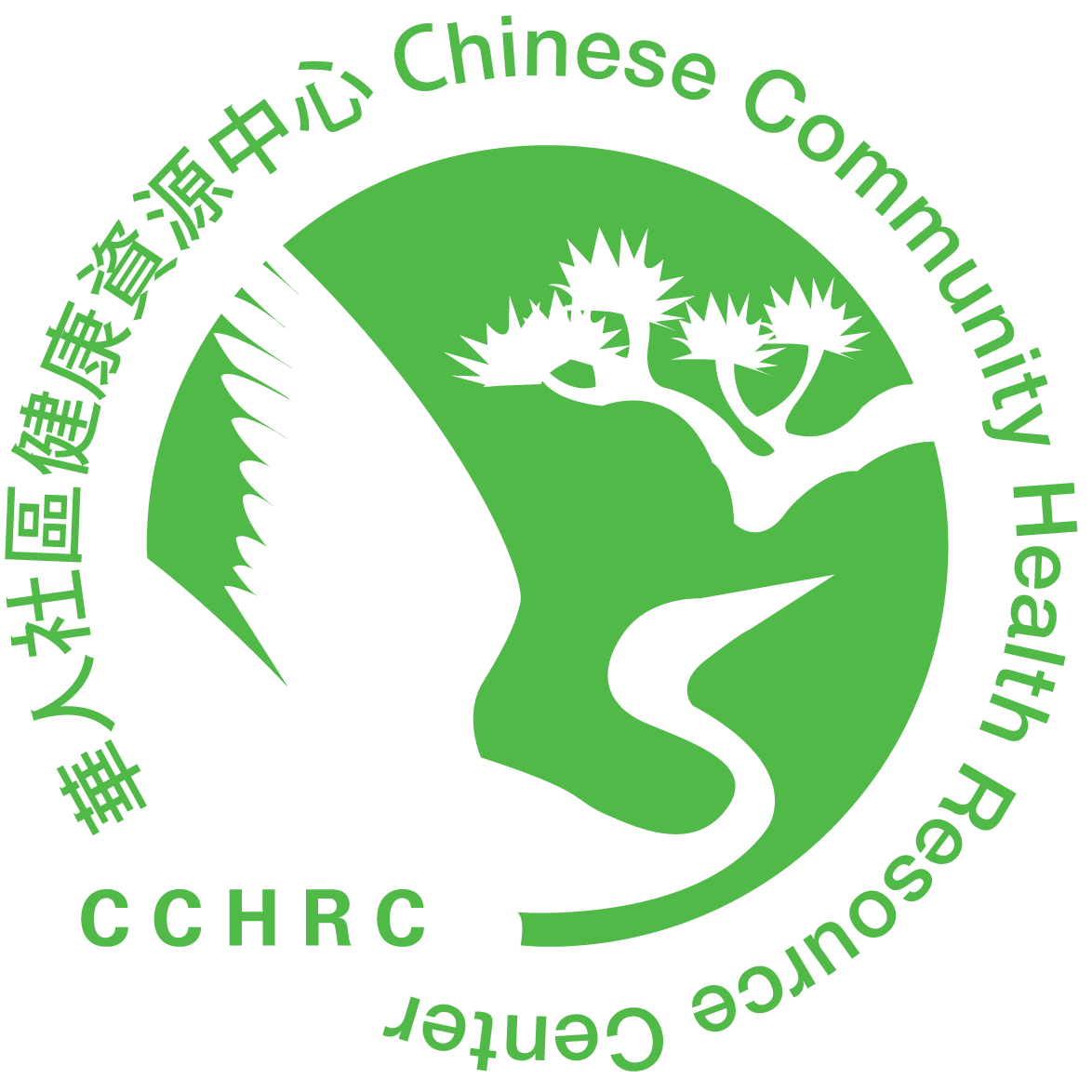Good for Your Baby, Your Heart and Even Your Memory
Folate, also known as vitamin B-9, is water-soluble vitamin found in many foods. Folate is the natural form of the vitamin and folic acid is the synthetic (man-made) form often found in dietary supplements and fortified or enriched food products. Folate is necessary for the formation of red blood cells and DNA (genetic material in every cell), proper growth, and normal cell division.
I. Health Benefits of Folate
- Prevents birth defects
- Inadequate intake of folate before and during pregnancy increases the risk of Neural Tube Defects, which affects the brain and spinal cord of the developing baby.
- May reduce the risk of heart disease and stroke
- Folic acid, together with vitamin B-6 and B-12 can lower blood levels of homocysteine, an amino acid in the body. High levels of homocysteine have been linked with increased damage to arteries leading to the heart and brain.
- Possible protection against some cancers and memory loss
- Diet low in folate has been associated with higher incidences of certain types of cancer and changes in the brain.
II. Causes of Folate Deficiency
Some conditions that interfere with the absorption or increase excretion of folate can create a deficiency, these include:
- Alcoholism
- Intestinal disorders
- Kidney dialysis
- Liver disease
- Certain medications used to treat epilepsy, cancer, rheumatoid arthritis, colitis, and high blood pressure
III. Symptoms of Folate Deficiency
- Anemia
- Weakness
- Irritability
- An inflamed tongue
- Indigestion
- Diarrhea
IV. Sources of Folate
- Leafy green vegetables (e.g. spinach, mustard greens, broccoli)
- Dried beans and peas (e.g. soybeans, kidney beans, lima beans, black-eyed peas)
- Oranges
- Peanuts
- Barley
- Enriched grain products and breakfast cereals made in the U.S
In 1998, the U.S. Food and Drug Administration required all U.S. food manufacturers to add folic acid into various grain products (cereals, breads, flour, rice, pasta). The amount added is considered safe for all population groups. On the other hand, imported rice, noodles and other grain products are usually not fortified with vitamins and minerals lost in the refining process.
Since folate is soluble in water and sensitive to heat, it can be lost during food preparation, cooking and storage. To retain folate in foods:
- Boil vegetables in minimal amount of water
- Limit cooking time when preparing vegetables
- Store vegetables in refrigerator
- Minimize washing of enriched rice
V. How Much Folate
The U.S. Recommended Dietary Allowance (RDA) of folate for persons 14 years and older is 400 micrograms (mcg) a day. Pregnant women need 600 mcg daily and breastfeeding women 500 mcg a day.
Most people can meet their daily folate requirement by eating at least 5 servings of fruits and vegetables daily and selecting more enriched grain products. Women of childbearing age (15-50), pregnant and breastfeeding women, or persons with special nutritional needs may require a folic acid supplement. Daily intake of folic acid supplements should not exceed 1,000 mcg per day. Excessive amounts can cover up the symptoms of vitamin B-12 deficiency, a condition common among older people and strict vegetarians. If left untreated, vitamin B-12 deficiency can lead to permanent nerve damage. Always check with your physician before taking any dietary supplements containing folic acid.
Copyright © 2003-2020 Chinese Community Health Resource Center
If you would like a copy of this health article, please click on the PDF button in the language you prefer. To view the PDF document, you’ll need Adobe Acrobat, which you can download here.
Bilingual:



